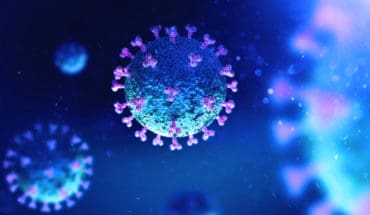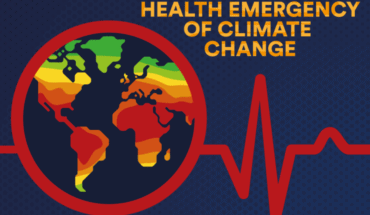“Humanitarian aid is much more than just helping those affected by humanitarian crises. It’s a whole belief system, a commitment to protecting others with solidarity and impartiality, regardless of the circumstances.”
Shameet Thakkar, humanitarian aid expert and founder of Unimed Procurement Services, an organisation that regularly partners with aid agencies to source and deliver essential healthcare products worldwide, discusses the significance of this day and the UK’s involvement in the humanitarian aid landscape.
Every year on August 19, the world comes together to celebrate and recognise the work of aid workers, humanitarian heroes that devoted their lives to protecting populations affected by crises worldwide.
Humanitarian aid is much more than just helping those affected by humanitarian crises. It’s a whole belief system, a commitment to protecting others with solidarity and impartiality, regardless of the circumstances.
World Humanitarian Day is about the heroes that consistently put their lives at risk for the benefit of vulnerable populations, saving lives that may otherwise be lost, whether as a result of conflicts, natural disasters or health crises.
These heroes physically put themselves in harm’s way to protect vulnerable individuals suffering as a result of conflicts, natural disasters and even disease outbreaks – circumstances where most would rather stay on the sidelines.
In 2022, 439 aid workers were victim of major attacks, including death and kidnapping. It’s their dedication, courage, self-sacrifice and humanity that should be celebrated on World Humanitarian Day.
The aftermath of recent conflicts such as those in Ukraine or Sudan have shown us just how vital their help can be: having access to food, clean water, shelter and medical supplies can mean the difference between life and death during a humanitarian crisis.
But the availability of foreign aid doesn’t just depend on individuals’ willingness to become involved in humanitarian relief projects. Countries as a whole need to do their part to ensure that enough money is being invested in humanitarian aid.
In 2021, UK aid spending fell 21% compared to 2020, and it is likely that this significant reduction in aid spending will remain in place until at least 2027/28.
This ‘temporary measure’, implemented in response to the financial repercussions of the COVID-19 pandemic, has already had a severe impact.
As a result of the cuts, millions of women stopped receiving support with modern family planning methods between 2021 and 2022, along with millions of individuals missing out on nutrition-related aid and general humanitarian assistance.
Critical projects such as The Global Polio Eradication Initiative and UNAIDS’ HIV prevention and treatment programme also received reductions in funding of 95% and 80% respectively.
And with a quarter of the foreign aid budget already having been allocated to specific humanitarian crises such as Syria, Afghanistan and Ukraine between 2022 and 2025, it is likely that the UK won’t be able to extensively support other emerging humanitarian crises.
However, the consequences of this will not only affect the many populations suffering globally, but the UK itself, too – investing money in foreign aid can benefit the UK economy such as through an increase in UK exports, trade revenue and creating new jobs.
Ultimately, in a cyclical sense, a healthier world breeds prosperity, meaning that the help we give comes back in different ways. This makes the work of humanitarian heroes even more meaningful.
Humanitarian heroes play a vital role in advocating for change on a larger scale, creating and managing relationships with the community and other allies, liaising with government officials and overall generating change we can all benefit from.
- January’s a Frost (1963) - 2nd January 2026
- Gen Z’s extreme health pledges - 2nd January 2026
- Use weight-loss jabs responsibly in 2026 - 2nd January 2026







